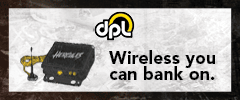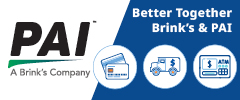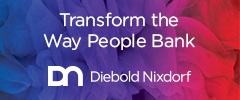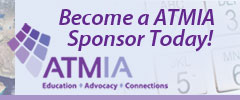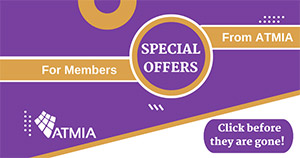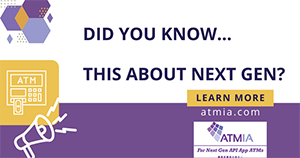
Cash or Cashless? How People Pay
Monday, February 13, 2023
View Showroom
Coins and paper currency remain the most popular ways to pay for things in most countries. But longer term, cash appears to be in a losing battle with electronic payment methods. Cash is still the most frequently used means of payment at the point of sale, but its share is declining according to the latest study on the payment attitudes of consumers in the euro area, published by the European Central Bank (ECB) in December last year (European Central Bank, 2022)1.
According to the Study more than half of all day-to-day transactions in shops, restaurants, etc. are made using coins and banknotes. Many languages in Europe have expressions.png) such as “cash is king” or “nur Bares ist Wahres” and the survey shows that 60% of citizens want to have the option of using cash.
such as “cash is king” or “nur Bares ist Wahres” and the survey shows that 60% of citizens want to have the option of using cash.
There are few corners of the world where electronic transactions are not growing faster than cash. But the movement away from cash is happening in very different ways and at varying paces around the world.
I recently returned from a holiday in India and one thing which struck me was that six years after demonetisation, digital payments have yet to replace cash from Indians’ wallets. Krupesh Bhat, founder, SignDesk, a Bengaluru based digital documentation solutions company, said that the reality on the ground is that India is still mostly a cash-based economy.
"While demonetization caused a dip in cash usage, this did not necessarily translate into people switching to digital. Once things settled down, the currency in circulation (CIC) actually returned to linear year-on-year growth, indicating that demonetization did not have a significant impact on digital adoption," Bhat further added.
In the UK payments have seen major transformation over the past decade. Ten years ago, cash was the most frequently used means of payment.
The long-term decline in cash usage was compounded by the COVID-19 pandemic, with 46% fewer ATM transactions in February 2021 compared to February 20202. While transactions have increased since the height of the pandemic, they are not expected to return to previous levels.
In the March 2020 Budget, the government committed to legislate to protect access to cash in the UK. Following this, the government brought forward a Call for Evidence on Access to Cash in October 2020, which sought views on the key considerations for maintaining a sustainable network of retail cash infrastructure in the United Kingdom over time. In 2021, the government passed legislation to enable the widespread adoption of cashback without a purchase as part of the Financial Services Act 2021, which was possible as a result of the UK’s departure from the European Union.
Scandinavian countries are already well along the road toward cashless societies. Many banks in Sweden no longer have cash on hand, and consumers can make instant transfers directly from their bank accounts.
In Kenya, the local mobile phone company Safaricom, not the banks or the government, has created a system, known as M-Pesa, which allows customers to make payments directly from their phones.
In the battle between cash and electronic payments, China appears to be leading the way. PayPal-like wallets created by Chinese online giants Alibaba and Tencent have become the most popular ways to pay for things online.
There are many who talk about the benefits of moving away from cash, including economists like Kenneth Rogoff, who wrote “The Curse of Cash,” about how paper money enables crime and tax evasion.
But there are also those who argue that electronic payments can disenfranchise poor people who lack easy access to bank accounts and the internet and can make it much easier for governments and corporations to monitor a person’s every step.
In the end, though, the future of money is less likely to be influenced by these arguments and more dependent on the success of banks and technology companies making it easier for you to pay for your lunch or morning coffee without taking out your wallet.
1. https://www.ecb.europa.eu/stats/ecb_surveys/space/html/ecb.spacereport202212~783ffdf46e.en.html
2. https://www.link.co.uk/publications/reports/monthly-reports/
Additional Resources from ATM Industry Association
- 4/26/2024 - Time to Take Action! Support the Crime Bill - We Need You!
- 4/23/2024 - ATMIA Unveils Strategic Collaboration with Reconnaissance International to Elevate Intelligence & Networking Services to the ATM & Currency Industries
- 4/21/2024 - Fight Against Cashless Economy:
- 4/18/2024 - 3 myths about accepting cash at self service
- 4/18/2024 - Upcoming ATMIA/ASA Committee Meetings: April and May 2024
- Show All ATM Industry Association Press Releases / Blog Posts


